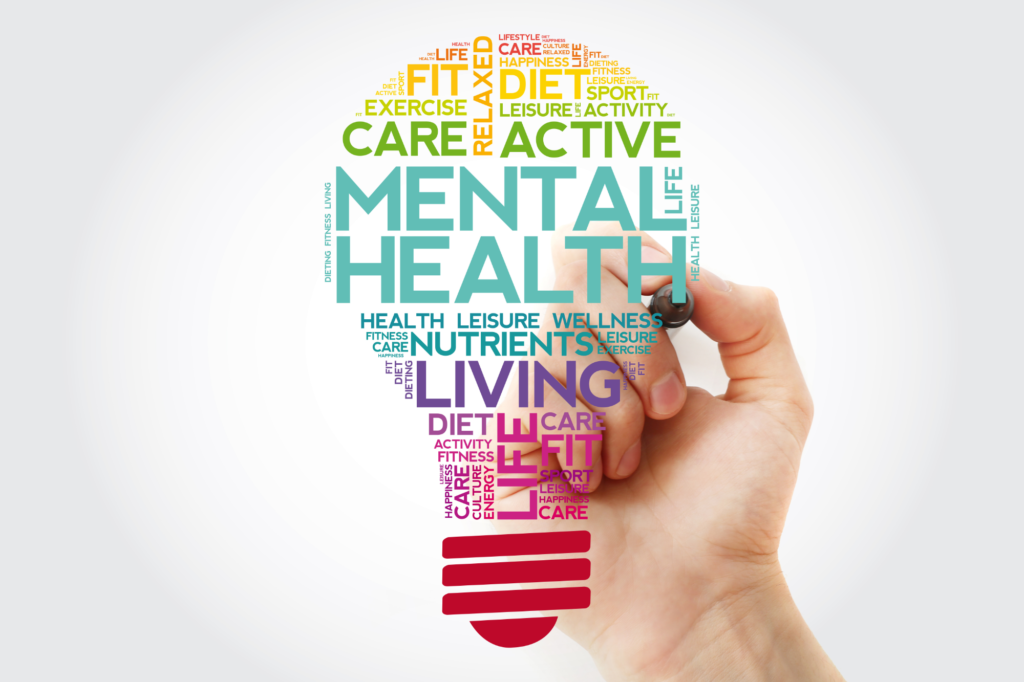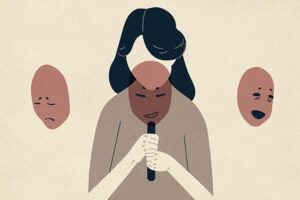

Mental Health Facts
- Mental health conditions will affect 1 in 4 people throughout their lifetime.
- Mental health does not enjoy parity with physical health in terms of budgeting, or medical education and practice.
- Stigma is a significant determinant of quality of care and access to the full range of services required by persons with mental health conditions.
- Almost 2/3 of persons with mental health conditions will not seek treatment for their condition.
- Poor mental health is a predisposing factor for physical health problems.
- Persons with mental health conditions have a much-reduced life expectancy compared with the general population, with an estimated drop in life expectancy of 20 years for men and 15 years for women.”
- Less than 5% of general government health expenditures are allocated to address mental health, and this figure is significantly less in lower-income countries.
- Mental health does not enjoy parity with physical health in terms of budgeting and attention, and this creates an unintended hierarchy where mental health is ranked lower than physical health.
- In some countries, the only care available for mentally-ill individuals are in psychiatric institutions.
- Some mentally ill individuals face significant human rights violations reflected in inhumane treatment to include shackling or locking up in confinement for extended periods of time.
Our mental health and that of those we care about is a matter of daily concern.
Regardless of age, gender, socioeconomic or ethnicity, our health is our most basic and essential asset.
“Everyone has the right to a standard of living adequate for the health and well-being of himself and of his family, including food, clothing, housing and medical care and necessary social services, and the right to security in the event of unemployment, sickness, disability, widowhood, old age or other lack of livelihood in circumstances beyond his control.” confinement for extended periods of time.
-
Mental health and human rights are interdependent.
Human rights violations like torture and displacement negatively affect mental health.
Mental health practices, and coercive treatment practices can hinder human rights.
The advancement of human rights benefits mental health.
There are clinical and economic reasons, as well as moral and legal obligations to promote mental health care as fundamental to human rights
“The right to health is a fundamental part of our human rights and of our understanding of a life in dignity”.
of time.
-
The practice of not taking immediate action to help those most affected by mental illness is “a failure to respect, protect and fulfil the right to health.”
The right to adequate mental is realized when every man, woman and child, alone or in community with others, have the physical and economic access at all times to adequate care or means for its procurement.



